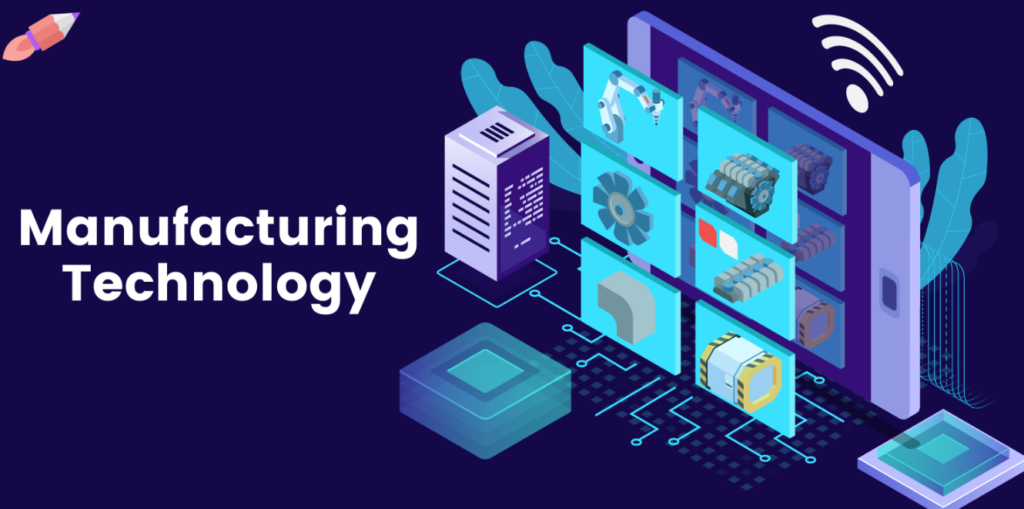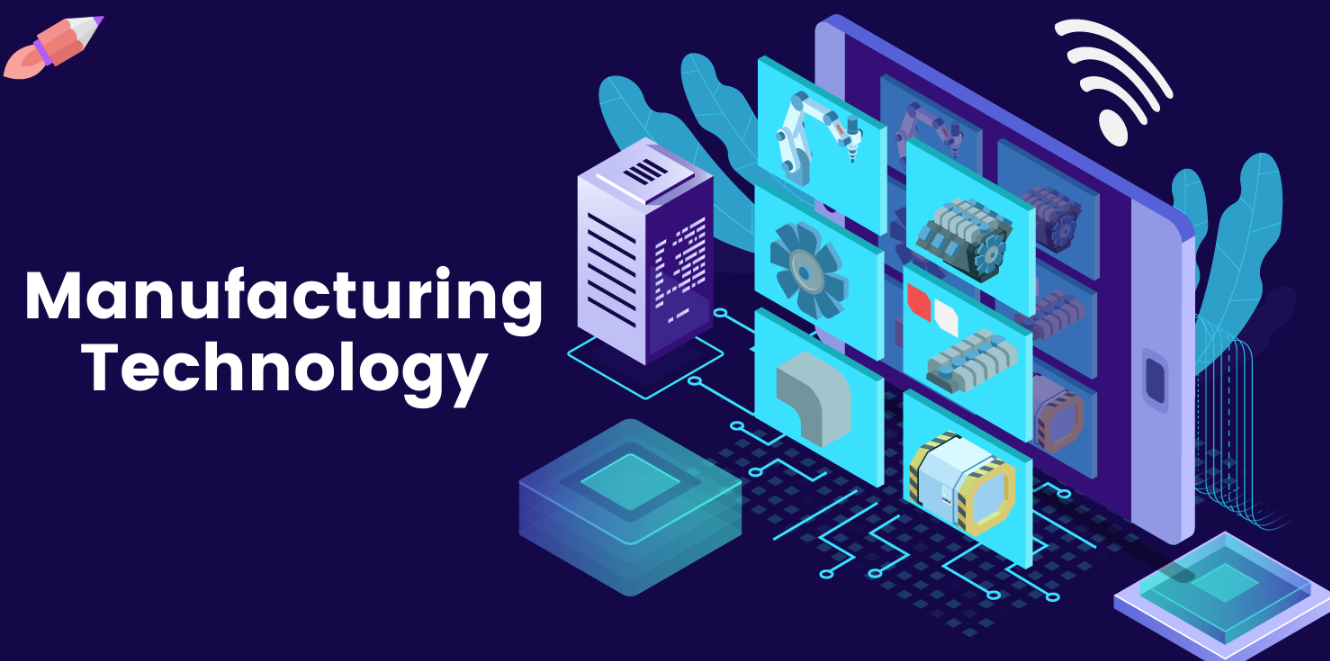The manufacturing industry has undergone a transformative journey, owing much of its advancement to technology. Among the pivotal components driving this change is manufacturing software. From optimizing processes to enhancing productivity, the evolution of software solutions has revolutionized how manufacturers operate.
Introduction to Manufacturing Software

In today’s competitive landscape, manufacturing software plays an indispensable role. This software, designed specifically for the industry, addresses various challenges and complexities encountered in production cycles. Its evolution has been remarkable, catering to the ever-evolving needs of manufacturers.
Types of Manufacturing Software
ERP Systems
Enterprise Resource Planning (ERP) systems integrate core business processes, providing a comprehensive view of operations. From finance to inventory management, ERPs streamline workflows across departments.
MES (Manufacturing Execution Systems)
MES focuses on real-time monitoring and control of manufacturing processes. It bridges the gap between planning and execution, ensuring seamless operations on the shop floor.
PLM (Product Lifecycle Management) Software
PLM software tracks a product’s journey from ideation to disposal. It centralizes data, facilitating collaboration and innovation throughout the product lifecycle.
SCM (Supply Chain Management) Software
Supply Chain Management software optimizes logistics, procurement, and inventory management, ensuring a streamlined supply chain network.
CAD/CAM (Computer-Aided Design/Computer-Aided Manufacturing) Software
CAD/CAM software aids in designing and manufacturing products efficiently. It enables precise modeling and manufacturing processes, reducing time and costs.
Key Features and Benefits
These software solutions offer a myriad of benefits:
- Streamlining Production Processes: Automation and optimization streamline manufacturing, reducing lead times and operational costs.
- Enhancing Efficiency and Productivity: Real-time data and analytics enable quick decision-making, boosting productivity.
- Inventory Management and Tracking: Accurate inventory tracking ensures efficient stock management, minimizing wastage.
- Quality Control and Compliance: Software solutions enforce quality standards, ensuring compliance with regulations and standards.
- Data Analytics and Reporting Capabilities: Robust reporting tools provide actionable insights, aiding in strategic decision-making.
Implementation and Integration Challenges
However, implementing manufacturing software poses challenges:
- Integration with Existing Systems: Compatibility issues may arise while integrating new software with legacy systems.
- Training and Adoption Hurdles: Employee training and adoption of new technologies can be time-consuming.
- Customization and Scalability Issues: Customization requirements and scalability considerations need to be addressed.
Trends and Innovations in Manufacturing Software
AI and Machine Learning Advancements
AI-driven algorithms optimize processes, predict maintenance needs, and enhance overall efficiency.
IoT (Internet of Things) Integration
IoT devices collect real-time data, facilitating predictive maintenance and enabling efficient resource utilization.
Cloud-based Solutions
Cloud-based software offers scalability, flexibility, and accessibility, revolutionizing how manufacturing operations are managed.
Predictive Maintenance
Proactive maintenance strategies based on data analysis minimize downtime and maximize equipment efficiency.
Selecting the Right Manufacturing Software
Choosing the most suitable software involves:
- Assessing Specific Business Needs: Identifying unique requirements helps in selecting tailored solutions.
- Scalability and Flexibility Considerations: The software should accommodate business growth and changing needs.
- Vendor Evaluation and Support: Selecting reputable vendors offering robust support is crucial.
Conclusion
Manufacturing software stands as the linchpin of innovation in the industry. Its multifaceted benefits, from streamlining processes to driving efficiencies, make it an indispensable tool for modern manufacturers.
FAQs
- How do ERP systems benefit manufacturing companies? ERP systems streamline operations by integrating various business processes, enhancing efficiency, and providing real-time insights.
- What challenges do companies face while implementing manufacturing software? Challenges include integration issues with existing systems, employee training, and customization requirements.
- What role does IoT play in manufacturing software? IoT enables real-time data collection, predictive maintenance, and efficient resource utilization in manufacturing processes.
- Why is vendor evaluation important when choosing manufacturing software? Vendor evaluation ensures reliable support and the scalability of the chosen software, aligning it with the company’s needs.
- How does cloud-based manufacturing software differ from traditional systems? Cloud-based software offers scalability, flexibility, and accessibility, allowing manufacturers to manage operations remotely and efficiently.
